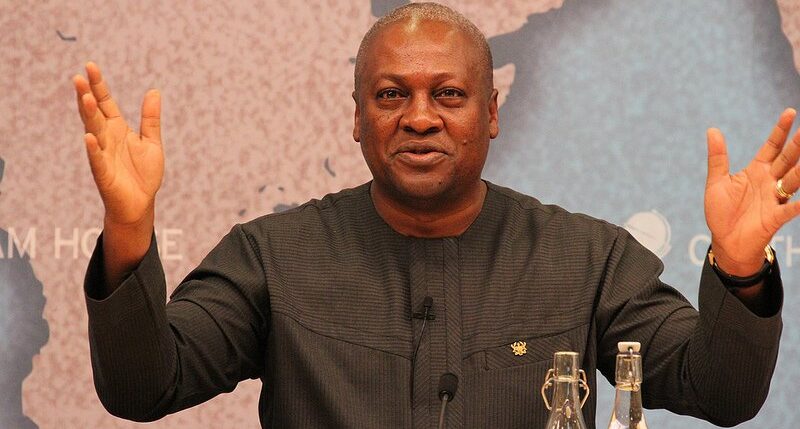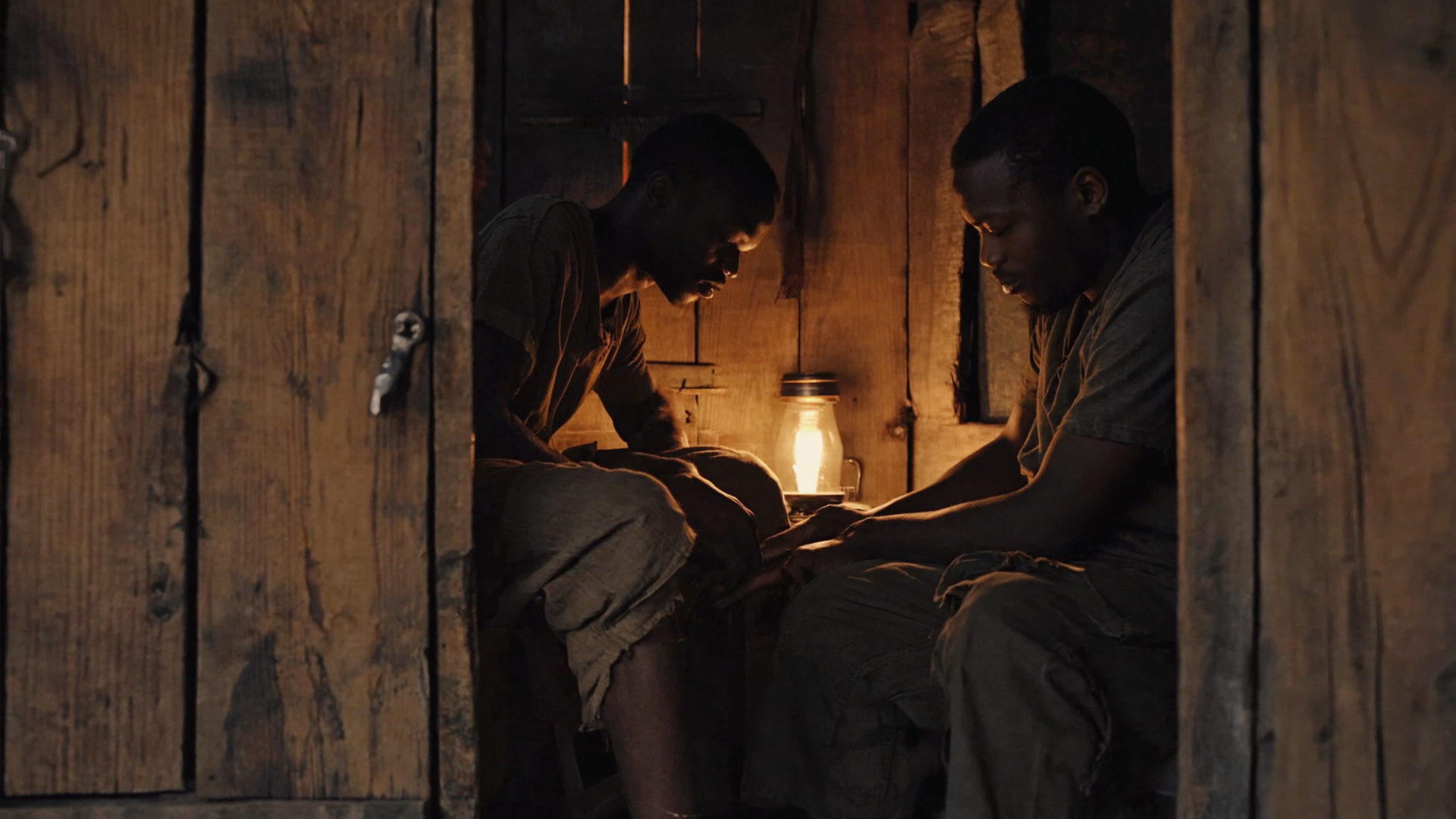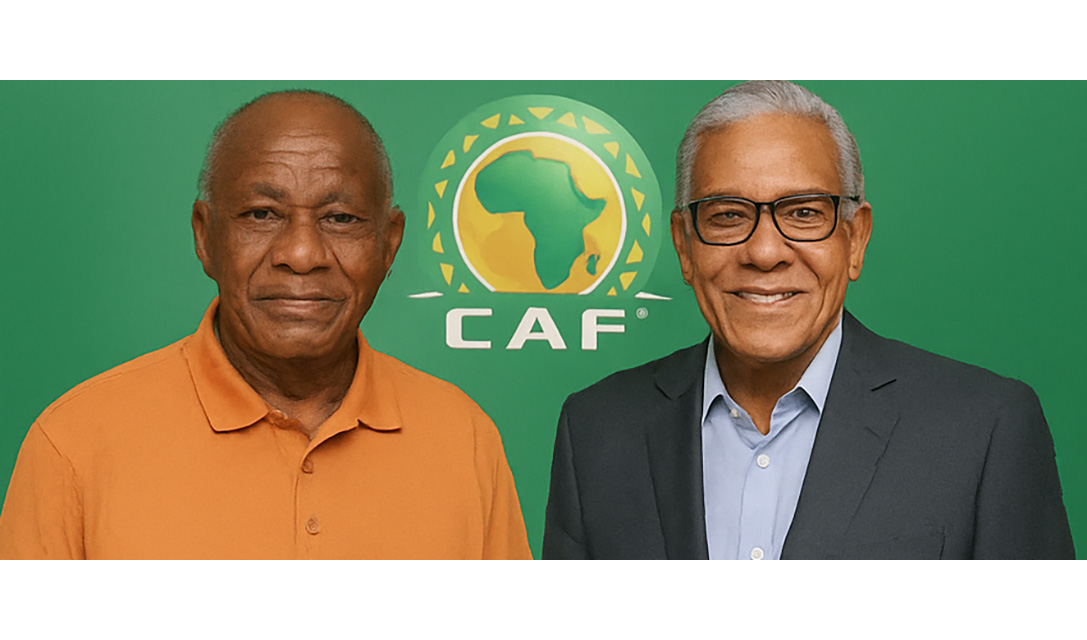At the 80th United Nations General Assembly (UNGA) in New York, Ghana’s President John Dramani Mahama delivered a powerful and wide-ranging address calling for Africa’s rightful place in the global order. His message, captured in the phrase “The Future Is African,” was both a declaration of the continent’s growing importance and a call to action for global reform.
In his speech, President Mahama emphasized that Africa is not just a participant but a driver of global development. He pointed to the continent’s youthful population the youngest in the world as a demographic force that will shape innovation, entrepreneurship, and labour markets over the next decades. He also highlighted Africa’s vast natural resources and rapidly expanding markets, which make the continent indispensable to future global prosperity.
Mahama emphasised that the legacies of colonialism and enslavement continue to shape the structural inequalities in the international system. He called for acknowledgement of these historical injustices and urged that steps be taken toward redress, particularly in the form of fairer trade systems, debt restructuring, and development financing. According to Mahama, repairing these imbalances is essential for building an international order rooted in equity and justice.
Central to his address was the demand for institutional reforms. He argued that organizations like the United Nations Security Council, the International Monetary Fund (IMF), and the World Bank must undergo structural change to reflect the realities of today’s multipolar world. Africa, home to over 1.4 billion people, cannot remain excluded from key decision-making tables. He reaffirmed the African Union’s longstanding call for at least two permanent seats with veto power on the UN Security Council.
On global challenges, Mahama stressed that Africa must be treated as a partner, not a problem. He addressed issues such as climate change, conflict prevention, and migration, emphasizing that sustainable solutions require Africa’s voice and leadership. He noted that the continent has contributed least to global emissions yet suffers some of the harshest impacts, making climate justice a pressing priority.
Finally, Mahama’s message extended beyond governments to the African diaspora. He urged Africans abroad to see themselves as part of the continent’s development story, highlighting their contributions through remittances, knowledge transfer, and advocacy. In his words, the African diaspora is not only a bridge between continents but also an engine of progress and global influence.
By declaring that “The Future Is African,” President Mahama reframed Africa’s position in the 21st century; not as a continent in perpetual need, but as a rising power whose inclusion is vital for global stability, justice, and shared prosperity.











